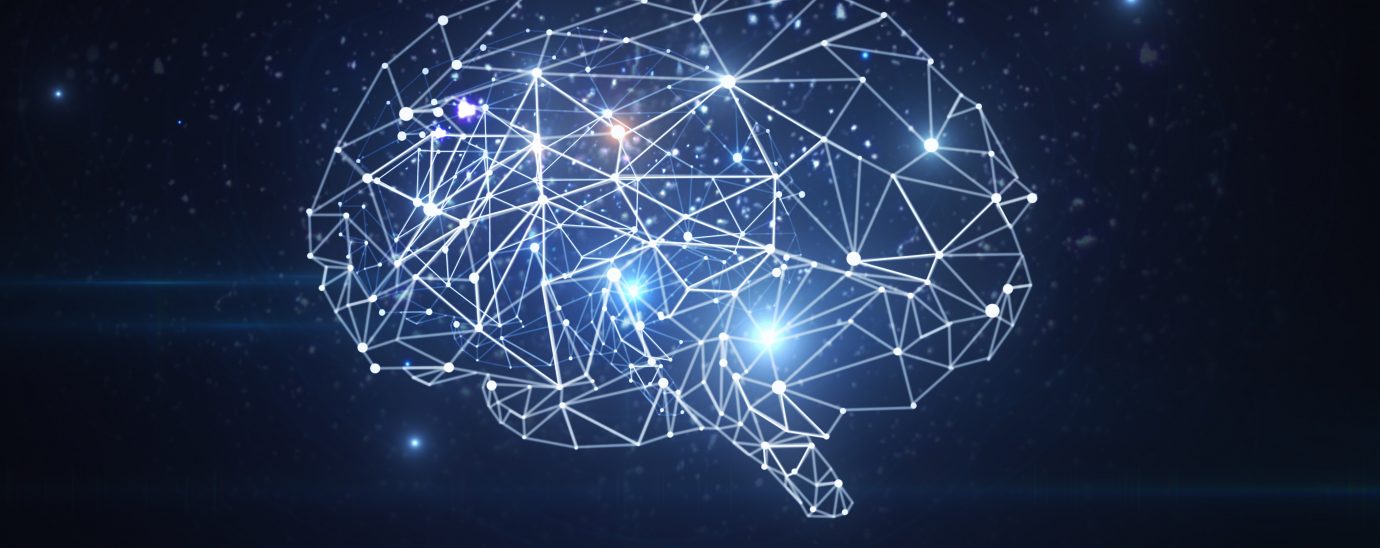Neurodiverse employees can be a benefit in the workplace

We explore the subject of neurodiverse employees and how they can be a benefit to companies.
Neurodiversity has become a popular topic in business, with diversity and inclusion teams now understanding the benefits of cognitive difference and seeking out these people to balance their workforce. Neurodivergence is not a new area of study, it is just that the tech industry is only just starting to realize the benefits of embracing a neurodiverse workforce. Many businesses are now reporting on the benefits of neurodivergence in the workplace.
Interestingly, Alan Turing, Albert Einstein, and Isaac Newton, some of history’s most brilliant brains were rumored to have been Autistic, and recently, Elon Musk also opened up about having Asperger’s syndrome. These are just two examples of neurodivergent conditions, there are many more which often go unnoticed.
What is neurodiversity?
The term ‘neurodiversity’ was first used by Australian sociologist and author Judy Singer, an Autistic woman herself. Her work refers to the different ways the brain can work and interpret information. According to Singer, it embraces “the timeless and incontrovertible reality that every single living being is unique, and that no two human minds (actually mind-body complexes) are the same.”
Around one in eight people are considered neurodivergent but many are not aware of this. Neurodiversity covers a range of conditions, some of which are well known and others less so. These can be broken down into four categories:
- Clinical neurominorities: conditions you are born with which impact behavioral skills, such as communication. This includes Autism, Attention Deficit Hyperactivity Disorder (ADHD), and Tourette Syndrome.
- Applied neurominorities: conditions such as Dyslexia, Dyscalculia, and Dyspraxia which impact applied educational skills.
- Acquired (Chronic): neurominorities linked to neurological illness or brain injury.
- Acquired (Transient): neurominorities develop in response to a physical or mental health condition.
It is extremely common for these conditions to co-occur, meaning one person could have multiple neurodivergent conditions. In a 2016 study, The National Institute of Economic and Social Research it was stated that there is a “propensity for neurodivergent individuals to be stereotyped according to the more well-known characteristics of their condition.” Since conditions can present differently depending on the individual, these assumptions are damaging and don’t allow the individual to be seen, dismissing their wealth of experience and skills.
What skills can neurodivergent people bring to the workforce?
An inclusive workforce celebrates the differences between employees, recognizing the benefit of balanced teams, including a blend of ‘specialist’ and ‘generalist’ thinkers. While it’s important to understand that neurodivergent people have different characteristics and strengths, research reveals that there is evidence of specific strengths and skills associated with neurodiverse conditions.
Within the business world, focus, creativity, and analytical talents could help leaders address a range of existing skills gaps and widen the talent in their workforce:
Autism: logical thinking, strong ability to focus and concentrate for long periods, ability to assimilate and retain detailed information, attention to detail, reliable, dedicated, and loyal
ADHD: high energy levels, hyper-focus, highly creative and inventive, behaving spontaneously, entrepreneurship
Dyslexia: Very good “on the front line”, inventive and creative, established link with entrepreneurship, ability to see the big picture (‘out-of-the-box thinking’), visually manipulating 3D images, pattern spotting, and working with complex data sets
Dyspraxia: High verbal abilities, strategic thinking, and problem-solving, strong episodic memories, highly motivated, determined, and a hardworking ethos
Skills Development Scotland also identified a range of positive traits linked to neurodiverse conditions that can benefit any business looking to recruit tech talent. These include creativity and innovation, high levels of concentration and the ability to work on repetitive tasks, methodical and being able to focus on details, pattern recognition and identifying anomalies, Investigative nature and inquisitive mindset, and finally understanding rules and sequences.
Read More:
- Meta’s commitment to equality
- Tech sector employment expands at a record pace
- Hybrid work: The Envoy Workplace Report reveals what the majority of UK employees prefer
The future balanced workforce
The tech industry is now recognizing the benefits of having a diverse workforce and, it is working hard to encourage diversity in any form. Though things are starting to change, it should be remembered that change, in any form, will take time.
As Dr. Doyle comments: “Allowing for difference means showing respect and understanding that different ways of doing things aren’t lesser.” To realize the benefits and opportunities of embracing neurodiversity, awareness is key. Today’s businesses must recognize that neurodiversity includes a wide range of conditions and that every employee is an individual.
Click here to discover more of our podcasts
For more news from Top Business Tech, don’t forget to subscribe to our daily bulletin!
